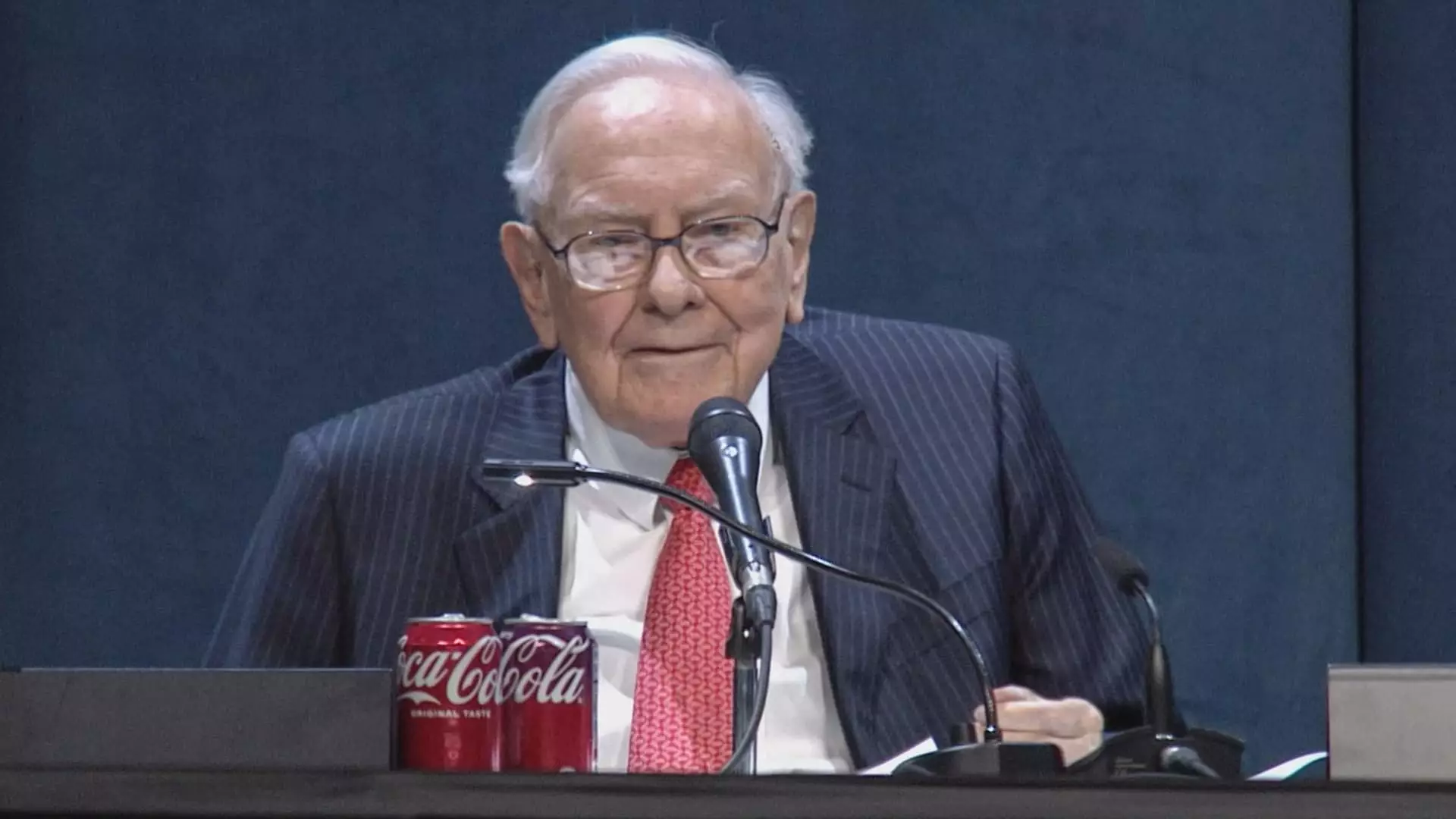Berkshire Hathaway’s latest earnings report, revealing a modest 4% decline in operating profits, underscores a disconcerting shift in the economic landscape. For years, Warren Buffett’s conglomerate has epitomized stability and resilience amidst market fluctuations. Yet, this quarter’s results highlight that even the most seasoned investors are not immune to the devastating ripple effects of global trade conflicts. The downturn, driven by a slump in insurance underwriting, is symptomatic of a broader, underlying crisis: the erosion of certainty in economic policy and international relations. While segments like transportation and manufacturing still show growth, the overarching narrative is one of mounting unpredictability, a climate in which traditional business models are increasingly vulnerable.
Warnings of a Troubled Future From an Industry Veteran
Buffett’s candid warning about the potentially devastating impact of escalating tariffs and trade tensions offers more than mere shareholder caution—it serves as a stark indicator of how serious economic policymakers and corporate leaders perceive the current geopolitical environment. Instead of dismissing the risks, Buffett directly links the company’s declining performance and cautious stock movements to the unpredictable, often hostile international trade climate. This acknowledgment reveals a sobering truth: the economic stability previously enjoyed is now fragile, hanging in the balance of political decisions that are often detached from the real-world consequences faced by businesses and workers.
The Wealth Hoard and Missed Opportunities
Despite a cautious stance, Berkshire’s cash reserves remain towering—close to $350 billion—underscoring an unsettling reluctance or inability to deploy capital effectively amid uncertainty. This mountain of cash, coupled with the company’s ongoing net selling of equities, suggests a strategic paralysis that could hinder long-term growth. Instead of investing to stimulate economic activity, Berkshire is retreating into liquidity, a move that could be interpreted as a sign of fear rather than prudence. Such hesitation might serve Berkshire in the short term but risks prolonging economic stagnation, especially as market confidence wavers.
Strategic Weakness or Political Alarm?
The significant loss on Kraft Heinz and the lack of repurchase activity amid falling share prices further underscore a reluctance to capitalize on market opportunities. Yet, this conservatism can be viewed as a symptom of systemic uncertainty rather than prudence. The resignation of key executives from Kraft Heinz’s board, coupled with the potential spinoff of its grocery division, signals internal struggles and a recognition that the traditional corporate structures are no longer resilient enough. More importantly, Buffett’s comments and Berkshire’s actions reflect a broader anxiety that returning to old economic paradigms may be futile in the face of geopolitical conflict and rapidly shifting trade policies.
A Call for Responsible Leadership in Troubled Times
In an era where global instability threatens to undermine economic progress, Berkshire Hathaway’s cautious approach highlights a crucial reality: responsible leadership must extend beyond profit margins and into fostering resilient, adaptable economic policies. Falling back on old strategies in a landscape marred by uncertainty is a gamble that most corporations cannot afford. What this situation calls for is not complacency but a commitment to navigating the turbulent waters of modern trade and geopolitics with prudence, foresight, and a willingness to confront uncomfortable truths about the future we are shaping.

